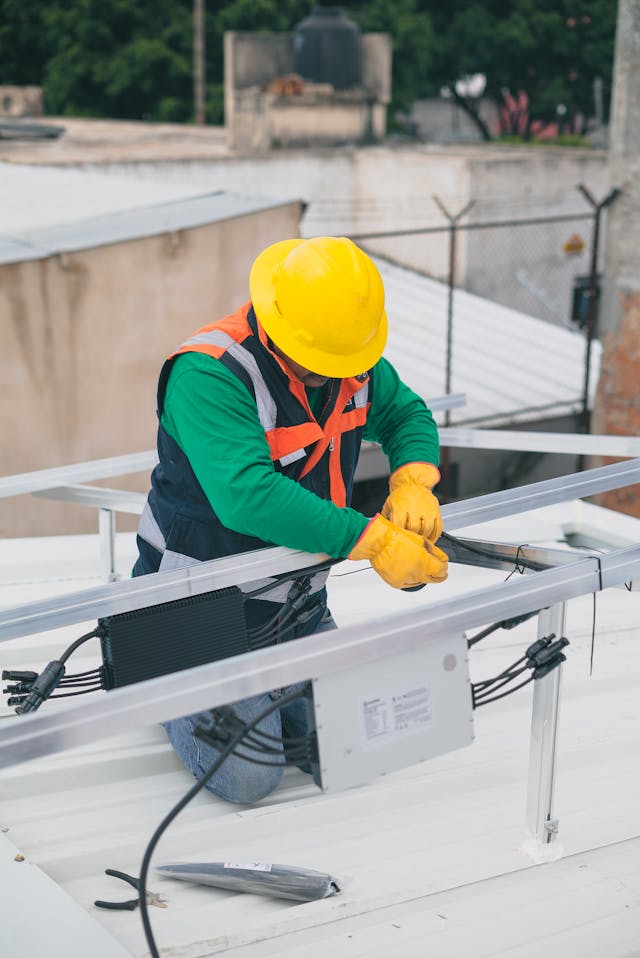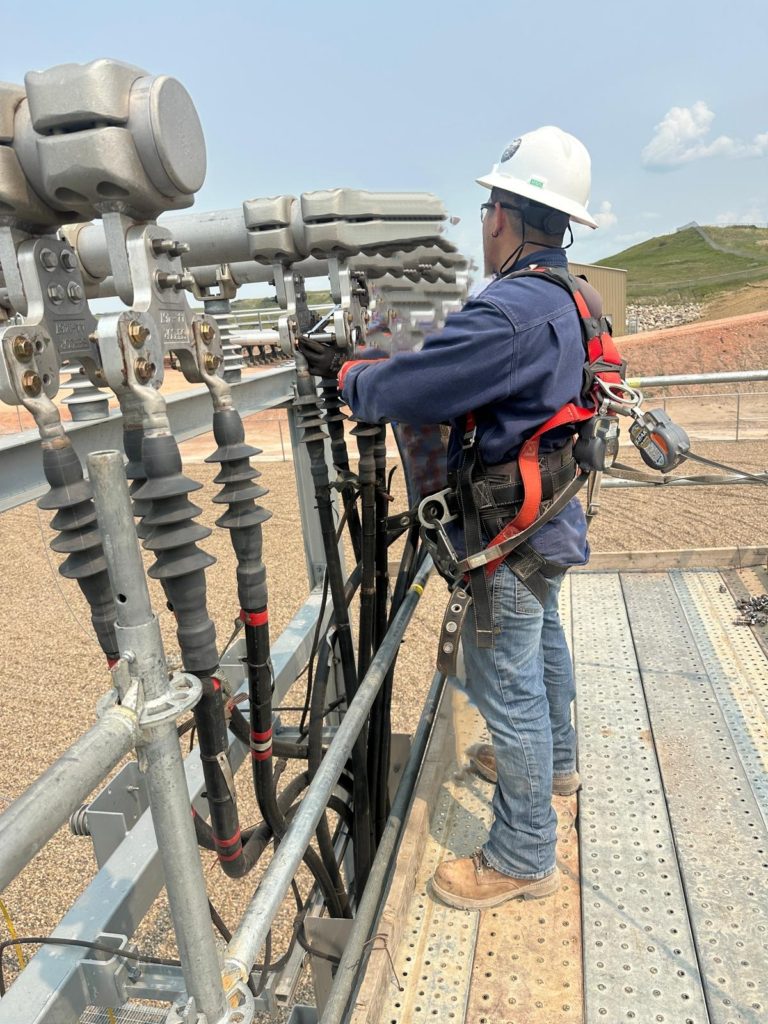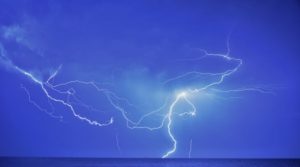
The Importance of PPE in Electrical Services: OSHA Guidelines
Introduction
When it comes to electrical services, safety should always be the top priority. The Occupational Safety and Health Administration (OSHA) highlights the importance of Personal Protective Equipment (PPE) in protecting workers from electrical hazards. By wearing the correct PPE, electricians and other workers in the field can reduce their risk of injury or even death.
1. Why PPE is Critical for Electrical Workers
Electrical work involves unique hazards, including electric shocks, burns, and arc flashes. OSHA requires employers to provide the proper PPE to mitigate these risks. PPE creates a barrier between workers and dangerous conditions.
Common PPE for Electrical Services Includes:
- Insulating gloves to protect against electric shock
- Hard hats to guard against falling objects or contact with energized parts
- Arc-rated clothing to prevent burns from arc flashes
2. OSHA Standards for Electrical PPE
OSHA mandates that employers assess workplace hazards and provide PPE that meets specific standards. For electrical workers, this includes ensuring that PPE has the correct voltage rating and is inspected regularly for damage.
Key OSHA Requirements:
- Insulated tools and equipment must meet appropriate voltage ratings.
- Workers must be trained in PPE use and care.
- PPE must be inspected before each use for any signs of wear.
3. Proper PPE Use Saves Lives
Electrical accidents can happen in an instant. Wearing the proper PPE can be the difference between a close call and a serious injury. It’s essential that all workers know how to wear and maintain their equipment to stay protected.
Conclusion
In the electrical services industry, PPE is more than just gear—it’s lifesaving equipment. Following OSHA’s PPE guidelines helps reduce the risk of electrical injuries and ensures that every worker goes home safely at the end of the day.


Electrician Glossary for Journeyman Electricians
For any professional in the electrical field, especially a journeyman electrician, mastering technical vocabulary is essential. The electrical glossary not only ensures precise communication with colleagues, contractors, and clients but also guarantees that every task is performed with safety and efficiency.

How Solar Energy Works Even on Cloudy Days
When people think about solar energy, they often imagine bright, sunny days powering homes and gadgets. However, what happens when the weather turns cloudy? Many believe that solar panels are ineffective in overcast conditions, but this is a common misconception. In reality, solar energy systems can still generate electricity on cloudy days—just not at the same efficiency level as during full sun.
